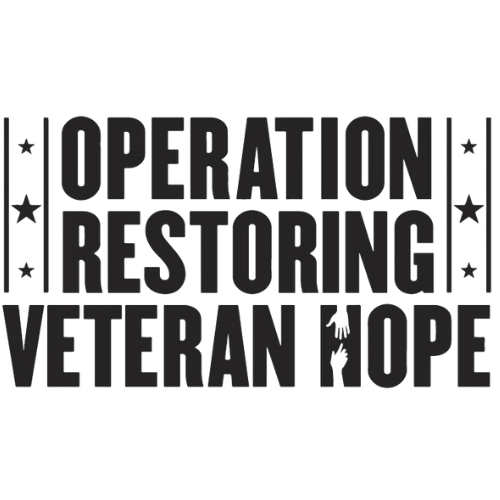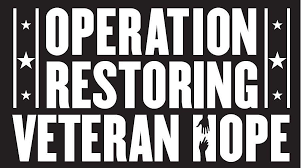Hope Dealers: Veteran Helping Veteran (One At A Time)
The Hope Dealers program is Operation Restoring Veteran Hope’s largest program, which provides veterans with drop-in support services, including peer support and assistance accessing community resources, treatment, and veteran services.
“Hope Dealers” Captures the spirit of veterans supporting other veterans through some of life’s most difficult battles—long after military service ends. These individuals, often veterans themselves, serve on the front lines of emotional, psychological, and practical recovery, focusing on counseling, suicide prevention, and homelessness. Here’s a deeper look at what they do:
Counseling and Peer Support
-
Veteran-to-veteran connection: Hope Dealers understand the unique experiences of military life—combat trauma, reintegration, and loss. This peer connection breaks down barriers of mistrust and isolation.
-
Trauma-informed support: They offer informal or formal counseling sessions, using their lived experience to guide others through PTSD, moral injury, depression, and anxiety.
-
Navigational support: Hope Dealers often help veterans access VA services, mental health providers, and support groups, acting as a bridge between struggling vets and professional care.
Suicide Prevention
-
Watchful presence: Veterans are at a higher risk of suicide, and Hope Dealers act as critical lifelines. They check in regularly, listen without judgment, and recognize warning signs.
-
Crisis intervention: Trained in suicide prevention techniques like ASIST (Applied Suicide Intervention Skills Training) or QPR (Question, Persuade, Refer), they know how to de-escalate situations and connect vets to immediate help.
-
Restoring purpose: Through service projects, mentorship, and community engagement, Hope Dealers help vets rediscover meaning and rebuild identity outside the uniform.
Homelessness Outreach
-
Street-level support: Many Hope Dealers do direct outreach—bringing food, hygiene kits, clothing, and conversation to veterans living on the streets.
-
Housing navigation: They help vets connect with housing programs like HUD-VASH, transitional housing, or sober living environments.
-
Long-term reintegration: Beyond securing shelter, they assist with job training, addiction recovery, and building a stable support network.
Why They’re So Effective
-
Shared experience builds trust: Vets are more likely to open up to those who’ve “been there.”
-
Persistent advocacy: Hope Dealers often go above and beyond—fighting red tape, showing up repeatedly, and never giving up on someone.
-
Community building: They don’t just help individuals—they foster a sense of brotherhood and belonging, which is key to lasting recovery.




